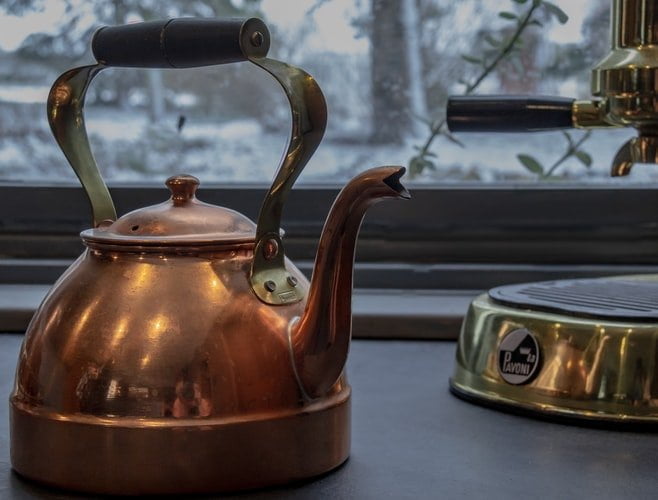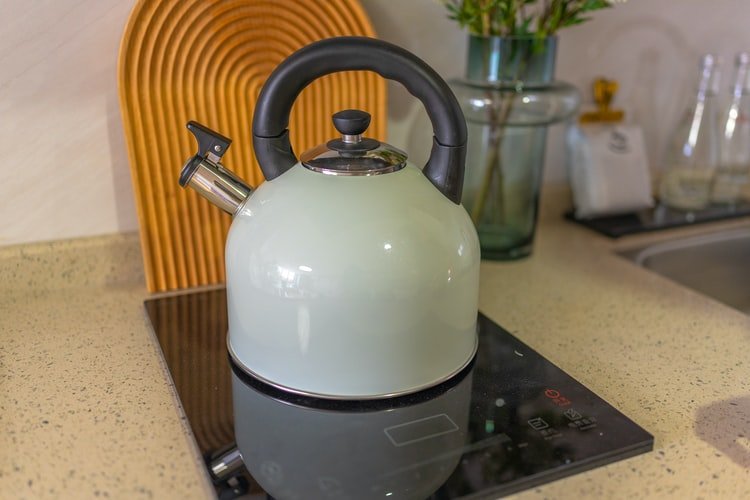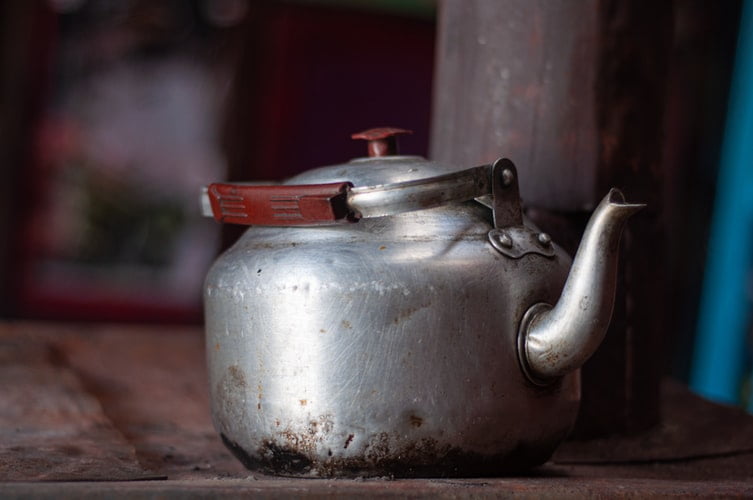Modernization is no longer merely a phrase but is now accepted as a reality. This is especially the case when discussing a typical modern kitchen. Old cooking methods are being phased out of modern homes to make way for modern household appliances like the electric kettle.
When the appliance was first invented, it was only used to boil water in reputable hotels. However, the equipment gradually became a housewife’s second hand. This must-have kitchen gadget allows you to complete chores in minutes and with little to no effort. Unfortunately, most homes use hard water which ends up affecting even the best kettles negatively.
Impact of Hard Water on Kettles
It Stains the Kettle with Lime Scale
Hard water causes the formation of limescale on all electrical appliances in your kitchen. Limescale is a white, chalky residue that builds up in kettles that are used with hard water. Besides this, it’s most noticeable on stainless steel. Normally, it is a common issue in hard water places due to greater sodium ion concentrations.
We all want our kitchen appliances to be sparkling clean all the time. Unfortunately, it is not easy when dealing with hard water. This is because, after a while, the kitchen appliances get stained with limescale making them look ugly. That said, it is best to use soft water with your kettle if you can access it.
It Reduces the Effectiveness of the Kettle
When your kettle is new, you will notice that it boils liquids very fast. However, after weeks of using it with hard water, it starts to heat the water slowly. This is because the limescale build-up makes it hard to transmit heat within the kettle. Consequently, you end up spending more energy to heat the same amount of water. Financially, a kettle with limescale build-up can be costly to use as it leads to skyrocketing power bills.
It Reduces the Durability of the Kettle
Hard water causes blockages in your kettle that may eventually make it malfunction. When electricity isn’t properly transmitted within the kettle, there are very high chances of electric shots. In most cases, various parts of the kettle may have to be replaced. Unfortunately, for some kettles, the damage is usually irreparable, meaning that you’ll need a new kettle altogether.
Can Cause Fire Accidents
Not only does limescale in kettles trigger electrical faults, but they can also be a fire hazard. If your kitchen wiring is poorly done, a malfunctioning kettle can cause a fire. This threatens your safety and the safety of everyone in your home. That said, it is important to always clean out any limescale that builds up in your kettle because of hard water.
3 Ways to Remove Lime Scale from a Kettle
1. Buy and Use Artificial Cleaning Chemicals
Limescale may be removed from your kettle with a simple store-bought kettle cleaning. These can be very effective, but they also have the drawback of imparting their flavor to your water. This means that your beverages will have a funny taste that is not appealing to everyone. Additionally, they are and relatively pricey which adds to the cost of maintaining your kettle.
2. Use Natural Kettle Cleaners
When it comes to removing the limescale from your kettle, using a natural limescale remover is a better option. This is because it is frequently a more cost-effective and ecologically responsible method. Any mild acid like bleach should give your kettle that sparkling look it once had when you bought it. Alternatively, you can use basic kitchen ingredients such as lemons or lime juice.
3. Deal with Lime Scale at the Source
The first two methods only remove the current limescale in your kettle. However, they do not prevent it from returning. Since the greatest cure is prevention, it is preferable to deal with limescale at the source. As such, it is advisable to invest in a water softener that ensures that limescale is entirely removed from your home. Moreover, you will enjoy numerous health, plumbing, and aesthetic benefits.
Wind Up
Most homes across the globe do not have access to soft water. As a result, people have to deal with limescale build-up on their kettles and other appliances. Luckily, there are many ways of dealing with the problem. Hopefully, this information provides enough insight to help you enjoy the optimal benefits of owning a kettle.
Read Also:































